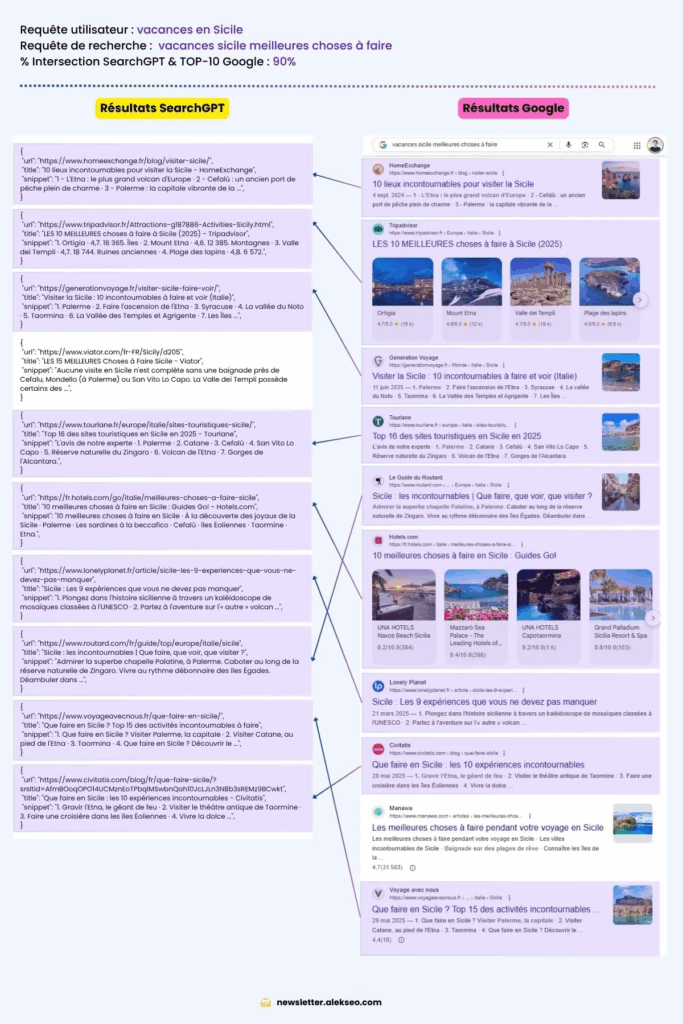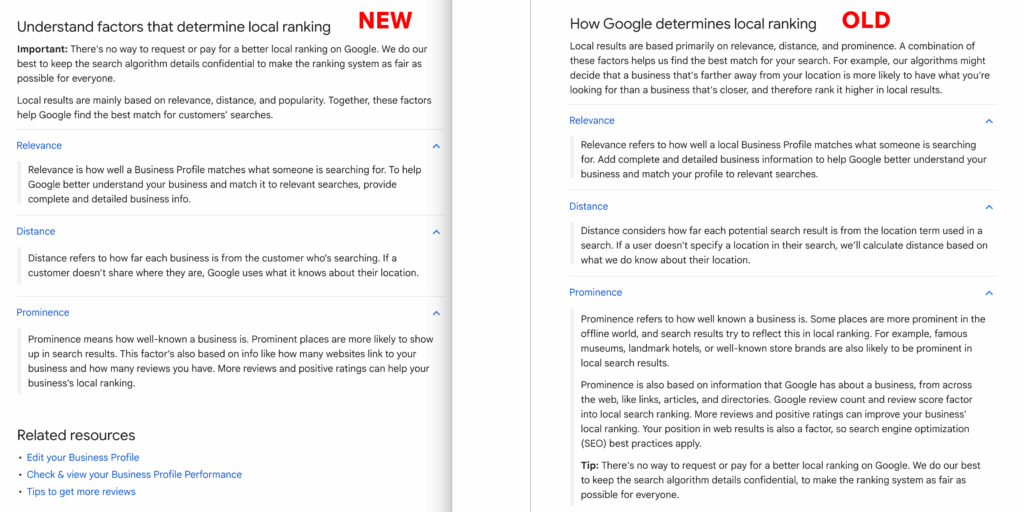Local Memo: Adobe Says 77% Use ChatGPT for Search, Google Updates Rankings and Enhances Business Profiles
Per Adobe, 77% of Americans Use ChatGPT for Search
The News: A recent Adobe survey of 800 consumers and 200 marketers found that nearly 8 out of 10 Americans (77%) use ChatGPT for search, with 1 in 4 preferring it to Google. Usage was strong across demographics: 80% of Gen X, 77% of Gen Z, 75% of Millennials, and 74% of Baby Boomers report using ChatGPT for search. Gen Z was the most likely to start their search journey with ChatGPT (28%), and 47% of Gen Z respondents discovered new brands or products through ChatGPT. Users cite content summaries (54%), quicker answers (33%), and customized responses (77%) as primary reasons for preference.
What This Means: ChatGPT’s growth as a search tool is accelerating rapidly. Just a few months ago, SOCi’s Consumer Behavior Index noted AI search use at around 19%; Adobe’s findings now suggest significantly broader adoption. Brands must prioritize visibility in AI platforms, particularly ChatGPT, to remain competitive.
Is ChatGPT Now Using Google?
The News: Recent discussion in the SEO community suggests ChatGPT, traditionally reliant on Bing, may now be using Google search results. Alexis Rylko, an SEO specialist from France, reported up to 90% match rates between ChatGPT and Google results. Some reports also indicate ChatGPT returning links to Google Maps with URL parameters pointing to ChatGPT. However, most of these observations originate outside the U.S. or involve non-U.S. searches.

Diagram from Alexis Rylko showing the overlap between ChatGPT and Google sources for “vacation spots in Sicily”
What This Means: There’s no official confirmation from OpenAI or Google regarding any collaboration. It’s unclear whether results that resemble Google’s stem from direct integration or another mechanism. Should this integration be confirmed, optimization strategies for ChatGPT would simplify significantly. For now, it remains speculative.
Google Updates Local Ranking Guidelines
The News: Google updated its help documentation on local ranking factors. The fundamental categories—relevance, distance, and prominence—remain unchanged, but wording within these categories has been modified. Most notably, Google streamlined the “Prominence” section, removing specific references to website content types that influence local rankings.

Courtesy Search Engine Roundtable
What This Means: Local SEO experts like Joy Hawkins and Mike Blumenthal interpret these changes as clarifications rather than substantial updates. The core factors remain: (1) relevance to searcher intent (categories), (2) proximity, and (3) prominence (web mentions and reviews). Social engagement, although not explicitly mentioned, remains a subset of web mentions.
Google Automatically Adding Social Links to Business Profiles
The News: According to Darren Shaw at Whitespark, Google is proactively adding social media links to Google Business Profiles without business input. Shaw notes that hundreds, potentially thousands, of businesses now have automatically added social links.
What This Means: Adding social links to GBP is known to boost impressions and engagement, even if Google adds these automatically. However, businesses should verify the accuracy of these links and maintain active, locally appealing content to maximize benefits.







